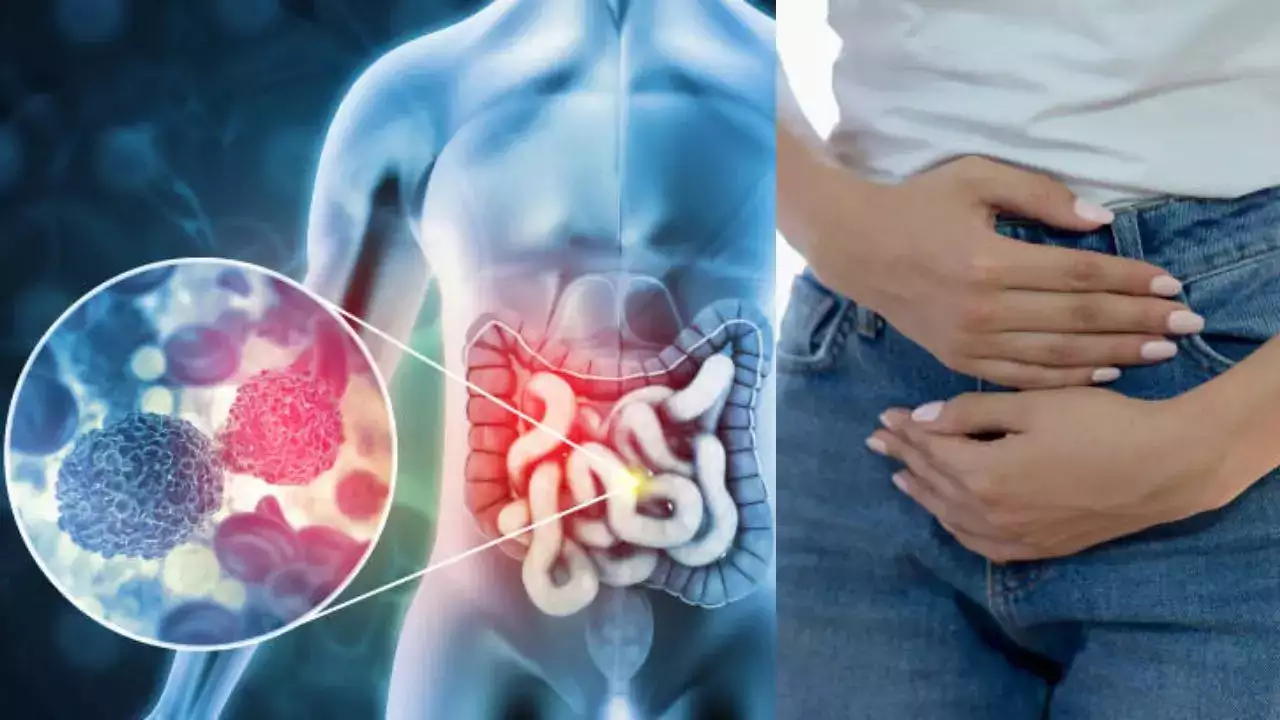
Cheryl says there were telltale signs of this cancer which led to her diagnosis
A 44-year-old woman who survived stage 3 colon cancer is now warning others about the signs and symptoms of the dreaded condition she ignored. In 2012, Cheryl was diagnosed with colon cancer—long associated with older adults, especially those above the age of 65 years.
However, the rates of colorectal cancer have been steadily increasing even among younger people since the 2000s.
Also known as bowel cancer, it is a type of cancer that develops in the colon or rectum. Even though it is often curable, doctors say the key to treatment is when it gets detected early. However, recurrence can be a major problem. According to experts, the concerning rise in youth cases and deaths is mostly due to obesity, a sedentary lifestyle, a diet high on processed meats, excess sugar consumption, and even environmental factors like pollutants in the air, soil, and water.
Five signs of colon cancer Cheryl ignored
Cheryl says there were five telltale signs of this cancer, which takes years to develop fully, which led to her diagnosis. “Don’t be like me if you are truly having issues; then go get checked,” she imparted. “Early detection is the key!! It’s ok to be nervous and afraid, but not to the point of doing nothing!” she told the New York Post.
Unmissable colon cancer symptoms include:
Stomachache
Cheryl said she often experienced severe stomach pain that felt akin to a food allergy, especially after eating meals. “Every time I ate something, I would get sick. My stomach would just hurt. It came to the point that I became an introvert because I couldn’t go out,” she said.
According to doctors, if you have recurrent stomach pain, especially after eating, you must get yourself tested without delay.
Changes in bowel movements
While it is normal to have constipation once in a while, if you are normally regular—and then suddenly the stools stop being regular for weeks or months at a time—that is a sign something is wrong and could be obstructing your bowels.
Experts say extremely thin stools can also be a sign of colon cancer, as can severe diarrhoea.
According to Cheryl, for years before her diagnosis, she experienced severe constipation followed by diarrhoea. “I would go three to four days without having a bowel movement and then diarrhoea. This was in the early stages when if I had gone to the doctor and they did a colonoscopy, they might have seen the pre-cancerous polyps,” she said.
Anemia
Cheryl explained she constantly battled low iron for at least two decades before her diagnosis. While she was unable to donate blood during a routine Red Cross blood drive at work, she also bled, which she ignored.
Bleeding from colorectal tumours can lead, over time, to anemia - a condition that occurs when the body doesn’t have enough healthy red blood cells. Studies say anemia is present in 30-75 per cent colorectal cancer patients.
Chest pain
While exercising, many times Cheryl felt immense pressure and pain in her chest. “It felt like my heart was going to beat out of my chest. And anytime I would stand up, I would feel faint.”
Blood in stool
This is among the most common symptoms of colorectal cancer, according to doctors.
Studies say rectal bleeding, mostly caused d haemorrhoids, is always dismissed but is a critical sign of bowel cancer. Nearly half of those diagnosed report blood on their toilet paper or in their toilet bowl. “I just thought it was normal, and then later on, when the cancer progressed, the blood was really dark, almost black. I was thinking the whole time that I had an ulcer,” she said.
While blood can be a symptom of colon cancer, other causes of rectal bleeding include IBD, anal fissures, and haemorrhoids. In any case, this type of bleeding should be addressed and assessed by a medical professional.
Get Latest News Live on Times Now along with Breaking News and Top Headlines from Health and around the world.
